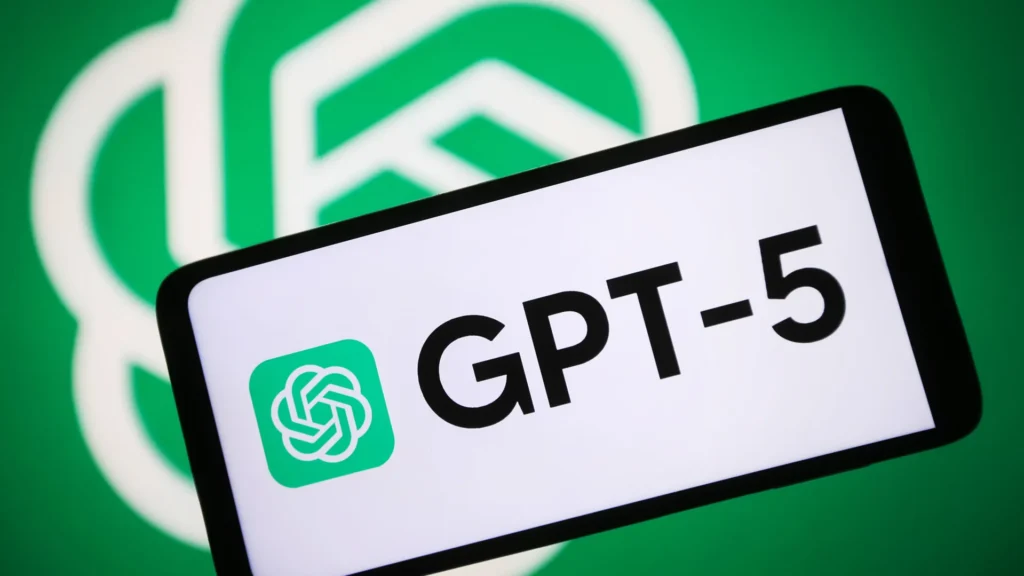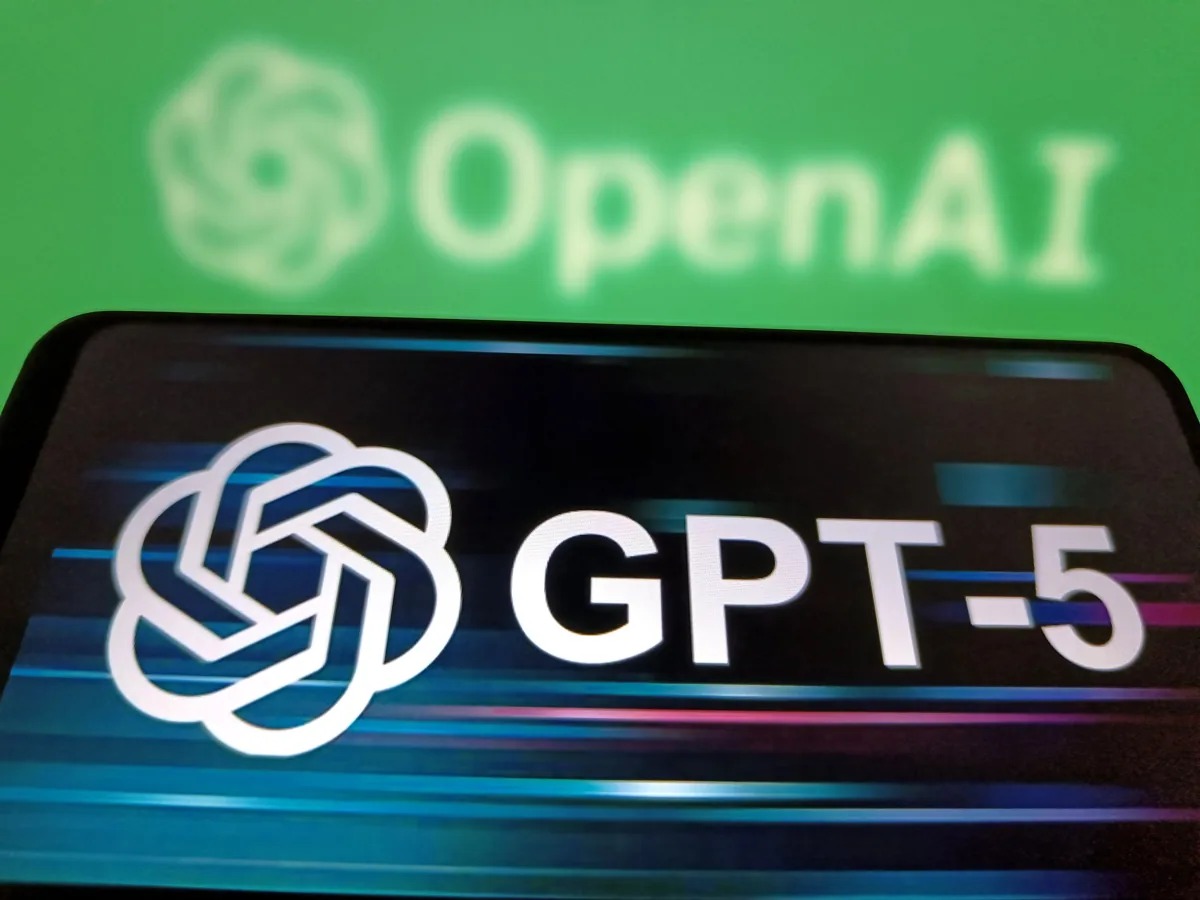GPT-5 OpenAI’s Most Advanced AI Model Yet

GPT-5 – OpenAI has officially launched GPT-5, the highly anticipated next-generation AI chatbot that promises unmatched intelligence and reasoning. Described as “smarter, faster, and more reliable,” the new model is designed to deliver PhD-level performance across domains such as coding, writing, and complex problem-solving.
According to Sam Altman, CEO and co-founder of OpenAI, GPT-5 marks a major leap in the evolution of generative AI, offering users an experience that’s more human-like and trustworthy.
“It finally feels like you’re speaking to an expert — someone with deep knowledge across virtually any field,” said Altman during the launch briefing.
What Makes GPT-5 Stand Out?
OpenAI says GPT-5 features a newly enhanced reasoning engine that enables it to show its logic, explain its steps, and make more informed decisions. Compared to GPT-4, which resembled a college-level student, GPT-5 is said to behave like an expert consultant with advanced cognitive capabilities.
Some standout upgrades include:
- Reduced hallucinations: GPT-5 is trained to provide more accurate and honest responses.
- Full software generation: It can write code, debug, and build full applications autonomously.
- Improved human-likeness: Conversations feel more natural and emotionally intelligent.
- Less deceptive behaviour: enhanced ethical safeguards and truthful answers
Smarter Than the Competition?
While Elon Musk recently promoted his own AI assistant, Grok, as “better than PhD level in everything,” OpenAI’s launch of GPT-5 challenges that claim directly. GPT-5 not only focuses on intelligence but also emphasises transparency, safety, and trust.
The race among tech giants—like Anthropic’s Claude, Google’s Gemini, and Musk’s Grok—underscores the growing demand for intelligent AI assistants in both consumer and enterprise markets.
Is GPT-5 Truly a Game Changer?
Despite the impressive specs, not everyone is sold on the hype. Experts like Prof. Carissa Véliz from Oxford’s Institute for Ethics in AI caution that while GPT-5 is more capable, its ability to reason is still based on imitation rather than true understanding.
“These tools may look intelligent, but they mimic, not think. The danger is in overestimating their autonomy,” said Véliz.
Likewise, Gaia Marcus from the Ada Lovelace Institute stressed the growing urgency for AI regulation, warning that capabilities are outpacing public governance structures.
Commercial and Ethical Considerations
The rollout of GPT-5 has major implications for content creators, publishers, and media organisations. As AI-generated content becomes increasingly indistinguishable from human-made work, companies like Getty Images are raising concerns about creator compensation and data transparency.
“Authenticity matters, but it comes at a cost. We must ensure those behind creative work are fairly credited,” said Grant Farhall, Chief Product Officer at Getty.
Final Thoughts: Evolution, Not Revolution?
Early testers, including BBC’s AI Correspondent Marc Cieslak, described the interface as familiar but noticed subtle enhancements in problem-solving, prompt understanding, and response structure.
While GPT-5 may not be a radical departure in user experience, it is a significant upgrade under the hood. With a stronger reasoning model, fewer hallucinations, and a focus on ethical use, it’s setting a new standard for the future of artificial intelligence.
The true impact of GPT-5 will unfold in the coming weeks—but it’s clear OpenAI is betting big on this next step toward AGI (Artificial General Intelligence).
Also Checkout: WhatsApp Guest Chats The Ultimate Guide to the New Feature & How to Stay Safe





2 thoughts on “GPT-5 OpenAI’s Most Advanced AI Model Yet”